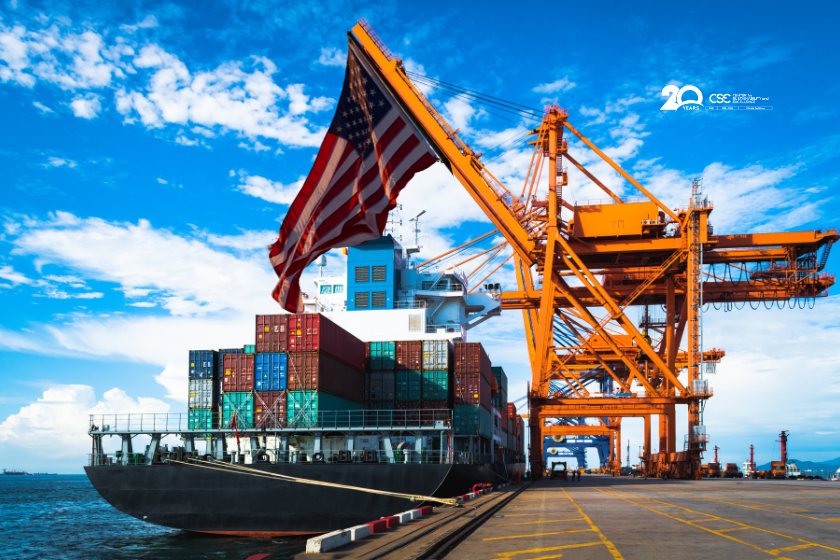In the face of climate change, regulatory pressure, and shifting consumer expectations, supply chain sustainability has become a strategic imperative for U.S. firms. From multinational corporations to public sector entities, American organizations are transforming how they source, produce, and deliver goods to minimize environmental impact while ensuring long-term resilience.
Why Supply Chains Matter in Sustainability
The U.S. Environmental Protection Agency (EPA) estimates that supply chains can account for over 90% of an organization’s greenhouse gas (GHG) emissions across Scope 3 categories. Supplier engagement and emissions tracking are essential to meeting net-zero goals and ESG commitments.
U.S. Companies Take Action
Corporate leaders are redesigning operations to meet ESG targets. Epson is using advanced technology to improve supply chain transparency and emissions reduction. At the same time, sustainability officers are integrating ESG principles across procurement and logistics, as highlighted in this strategic roadmap.
The Public Sector Steps In
The U.S. Department of Energy (DOE) is investing in secure, domestic clean energy supply chains to enhance national resilience. The General Services Administration (GSA) is embedding sustainability requirements into federal procurement practices to encourage supplier accountability and lifecycle thinking.
Climate Disruption and Risk
Supply chains are increasingly vulnerable to climate disruption. Reuters reports that extreme weather events are exposing operational weaknesses across industries, from energy to agriculture. Building resilience now requires localizing, diversifying, and decarbonizing key supplier networks.
Business Strategy Meets ESG
Companies that invest in sustainable supply chains gain brand trust, investor confidence, and operational efficiency. Harvard Business Review outlines how ESG-aligned sourcing reduces long-term costs and risks. McKinsey & Company points to procurement as a powerful lever for reducing environmental and social impact throughout the value chain.
Policy Meets Practice
The Council on Foreign Relations (CFR), together with the U.S. Department of Commerce, hosted a summit on building resilient U.S. supply chains. Public-private partnerships and smart sourcing strategies are now essential for navigating economic, environmental, and geopolitical pressures.
Final Thoughts: Prepare Your Teams for the Next ESG Frontier
As the supply chain becomes a focal point of ESG compliance, risk management, and carbon reduction, companies must equip teams with the knowledge and tools to lead. Professionals across procurement, operations, and sustainability are positioning themselves as ESG change-makers.
Enroll in the upcoming Certified Sustainability (ESG) Practitioner Program, Advanced Edition, USA, designed by the Center for Sustainability and Excellence (CSE). This globally recognized program offers hands-on guidance on Scope 3 emissions, supplier screening, and ESG disclosures—tailored for U.S. companies and professionals.







